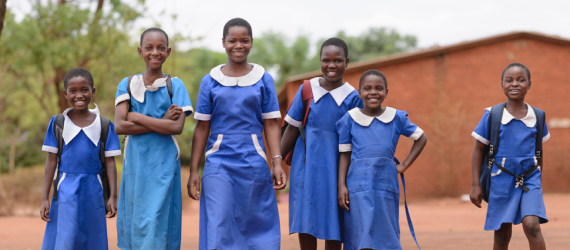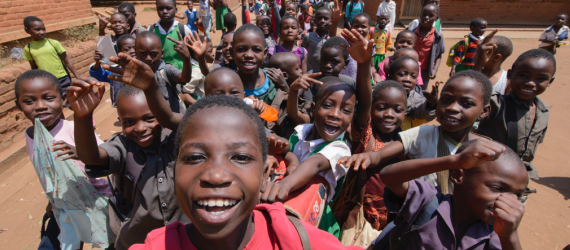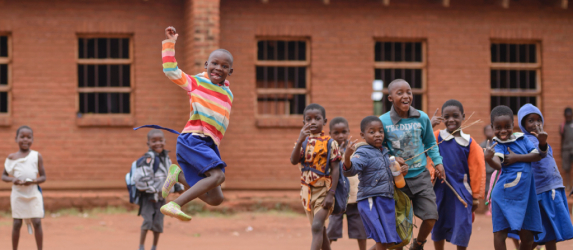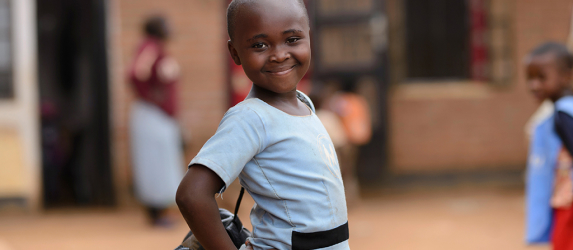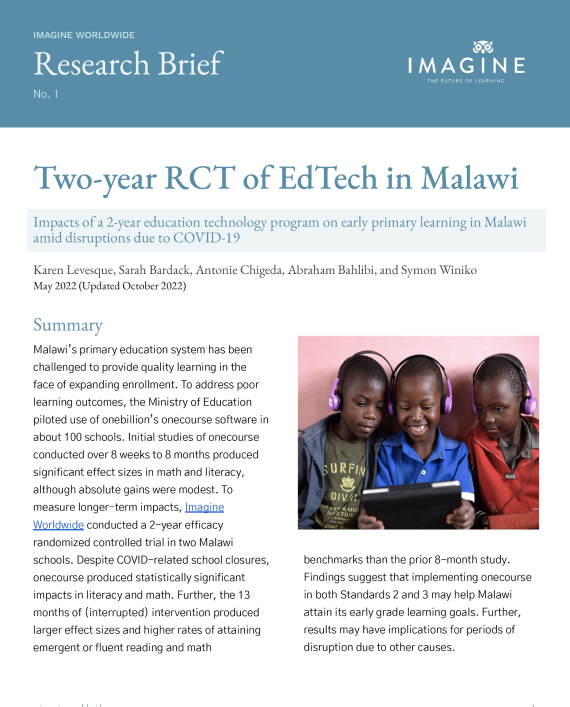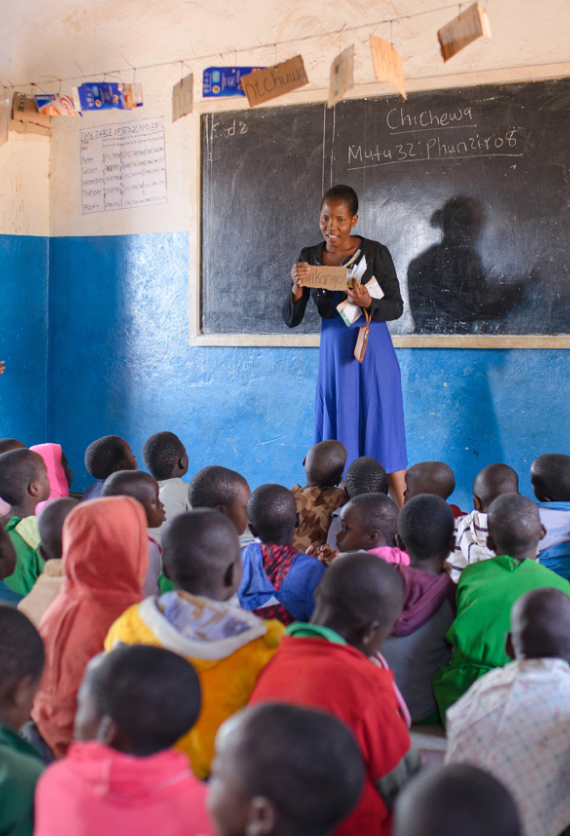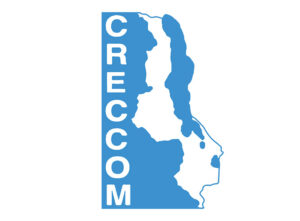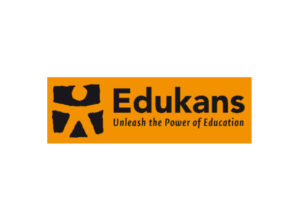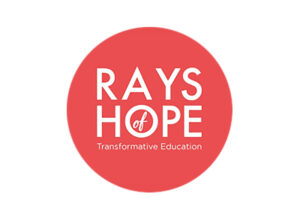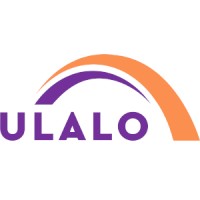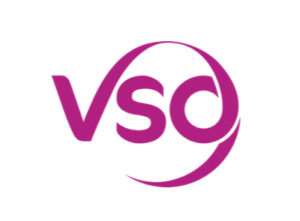Scale Portfolio
National expansion across Malawi
Malawi is part of our Scale Portfolio. Under the BEFIT program, we are working with the Malawi Ministry of Education and partners onebillion and VSO, among others, to eventually serve 3.8 million children per year in Standards 1-4 across all 6,000 public primary schools in Malawi. The BEFIT program began rolling out in September 2023 and served 500 schools in Year 1 across 18 districts. Year 2 will serve an additional 460 schools across the remaining 16 education districts in Malawi.
We also continue to serve children at a community-supported school and a youth center in the Dzaleka Refugee Camp (visit our Refugee Program page).
